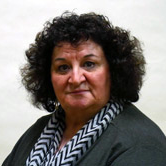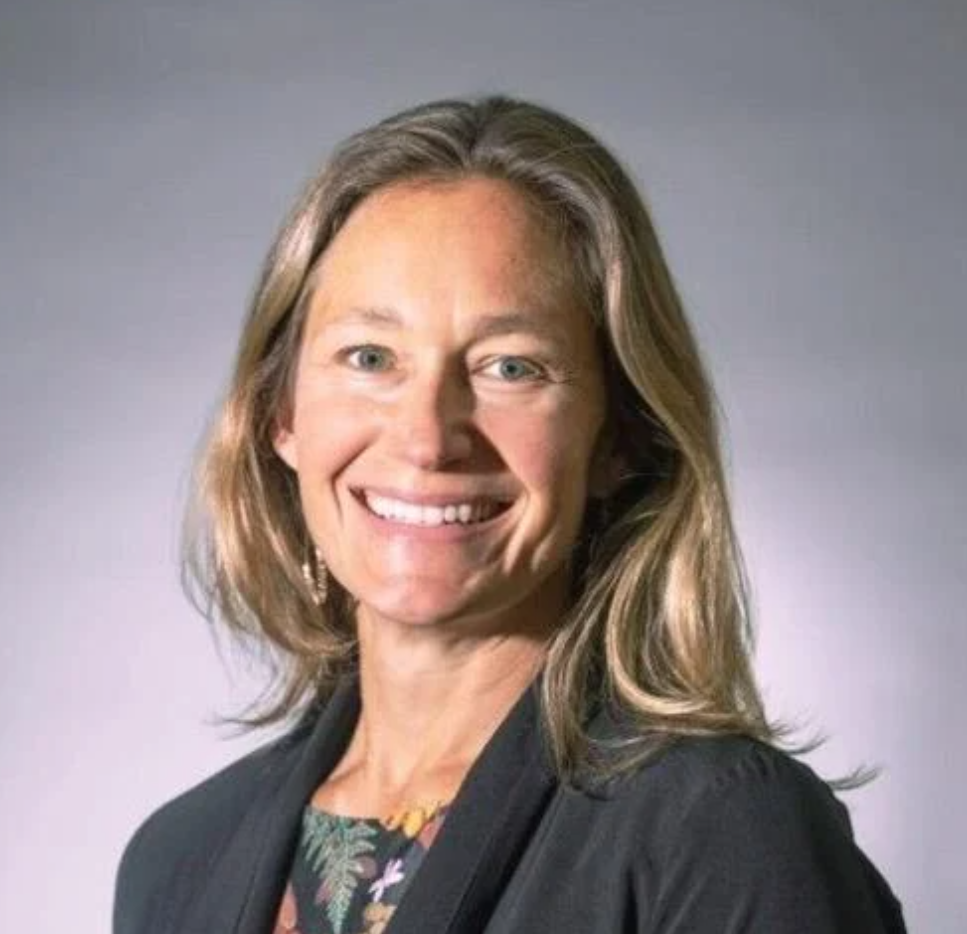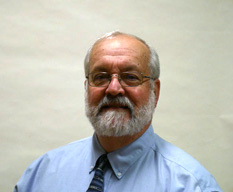802-370-3931
Nilda is a native Vermonter, residing in St. Albans much of her life.
Nilda holds a B.S. Degree from the University of Vermont in Medical Technology also known as Clinical Laboratory Science. She also has a Master of Education Degree from Southern New Hampshire University.
Nilda and her husband, David, (now deceased) raised four children that attended St. Albans schools and that have all graduated from universities.
Nilda has had the pleasure of serving on the St. Albans City School Board, the BFA Board and the Maple Run Unified School District Board since 1994 – taking a break from 2000 to 2003. She served on the BFA transition board in 2003-2004 working side by side with the BFA Board of Trustees during the transition from semi-private to public school. Nilda remained on the BFA Board until 2017 (serving as chairperson for several years) when the supervisory union took advantage of Act 46 and became the Maple Run Unified School District (MRUSD). She has served on the MRUSD district board since its creation, most recently serving as the Vice Chair. This totals to 23 years of school board experience.
Nilda works full-time as Northwestern Medical Center (NMC), most recently in the Regulatory Affairs Department as the Risk & Accreditation Coordinator. Nilda has 4 children and 5 grandchildren, scattered about New England, New York, and Tennessee.
She loves her family, job, NMC, and St. Albans.








